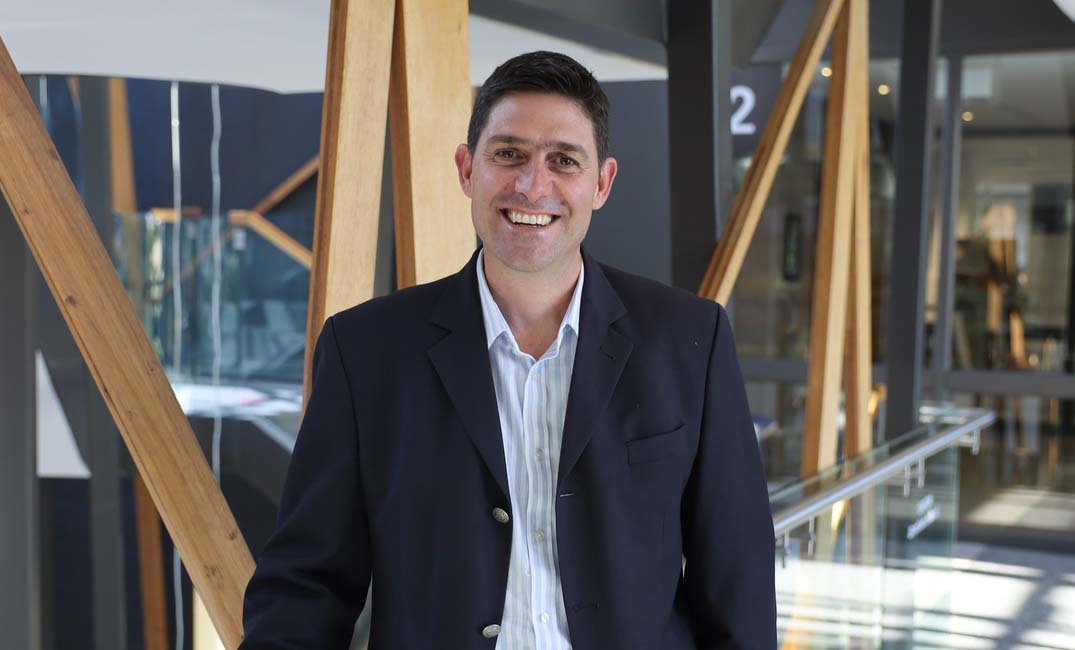We are at a pivotal moment in the evolution of the global sustainability agenda, writes Stephan Jooste, MD: sustainability, Africa at Zutari.
ESG (Environmental, Social and Governance), once heralded as a pragmatic framework for embedding long-term resilience into business, is now facing growing resistance. It is under scrutiny from both political and cultural fronts, particularly in markets that were previously considered ESG frontrunners.
In this climate, I often find myself returning to the core purpose behind sustainability of creating long-term value in a world of escalating uncertainty. The backlash we are seeing may appear reactionary, but it should not distract us from the facts. Climate volatility is increasing. Resource scarcity is deepening. Social equity remains unresolved. These are not ideological constructs; they are tangible, measurable forces shaping our world.
The recently released Sustainability at a Crossroad 2025 report, developed by GlobeScan, ERM, and Volans, confirms the shifting tides. Based on insights from 844 sustainability experts across 72 countries, the survey highlights a sobering truth in that over 90% of experts believe the current sustainability approach requires revision, with more than half calling for a radical overhaul. Most respondents from Europe, the Middle East, and Africa are particularly critical of progress to date. Fewer than one in ten believe our efforts have been “excellent”.
Even more striking is that seven in ten experts now report significant backlash against sustainability agendas in their countries, up 13 percentage points from 2024. These are not mere outliers; this represents a global pattern. But backlash, however noisy, is not the same as obsolescence. In fact, it often signals that the work is beginning to hit a nerve, disrupting entrenched norms, assumptions, and interests.
A Shifting Landscape
The past six months have seen a flurry of changes from Securities and Exchange Commission (SEC) rollbacks in the US to political resistance in the EU, a regulatory freeze in the UK, policy slowdowns in Australia, and mixed signals from emerging markets. Companies are reacting in a variety of ways, with some dropping ESG language altogether, and others maintaining sustainability commitments but keeping them quiet.
What this tells us is that, even amidst reputational risk and political pushback, there is a persistent, underlying drive for sustainable action, whether that be out of obligation, transaction, or deep conviction. This moment of tension is also a moment of truth. The ESG narrative has been dominated by investor concerns and regulatory compliance.
As a result, it has often failed to capture the imagination or trust of workers, customers, and communities. The legitimacy crisis is real – but it is not inevitable. If sustainability is to remain relevant, it must be embedded into business purpose, not just branding.
How Do We Move Forward?
At Zutari, we believe that navigating ESG whiplash requires a recalibration, not a retreat. Here is what I have learned from working with clients across the continent:
- Embed sustainability where it matters: Go beyond reporting and embed sustainable thinking into product development, operations, talent strategies, and capital allocation. This is not box-ticking. It is value creation.
- Be honest about trade-offs: Sustainability will not always be easy, or instantly profitable. But the alternative of short-termism is far riskier. The decisions made today will define our resilience tomorrow.
- Build broad coalitions: True sustainability cannot be imposed from the top down. It must engage employees, customers, suppliers, and the communities where businesses operate. That is how legitimacy is earned, and impact is amplified.
We are not naïve about the challenges ahead. The ‘Sustainability at a Crossroads’ report finds that more than half of experts believe current global shocks from economic to political and environmental are a threat to sustainability.
Governments, in particular, are perceived to be lagging. Yet the report also highlights a critical insight in that there is still momentum in the corporate sector and civil society to drive real change. Mechanisms like green bonds, circular economy models, and integrated sustainability strategies are seen as high-impact levers for transformation.
It is encouraging to see that academic and research institutions are gaining credibility as trusted sources of innovation. As engineers, planners, and advisors, we at Zutari share this responsibility. We bring rigour, systems thinking, and a deep commitment to co-creating solutions that are locally grounded and globally relevant.
As Dr Ioannis Ioannou of London Business School aptly puts it: “The backlash will eventually subside. What will endure are the decisions made in this moment – what to prioritise, what to safeguard, and what principles to uphold.”
We are truly at a crossroads. Those who take a long view and resist the noise and stay true to the purpose of sustainability will not only build resilience but unlock new opportunities for innovation, inclusion, and growth. Let us not be deterred by the backlash. Let us lead through it. Because the future is not ESG or not ESG. The future is resilience – and resilience demands leadership.

